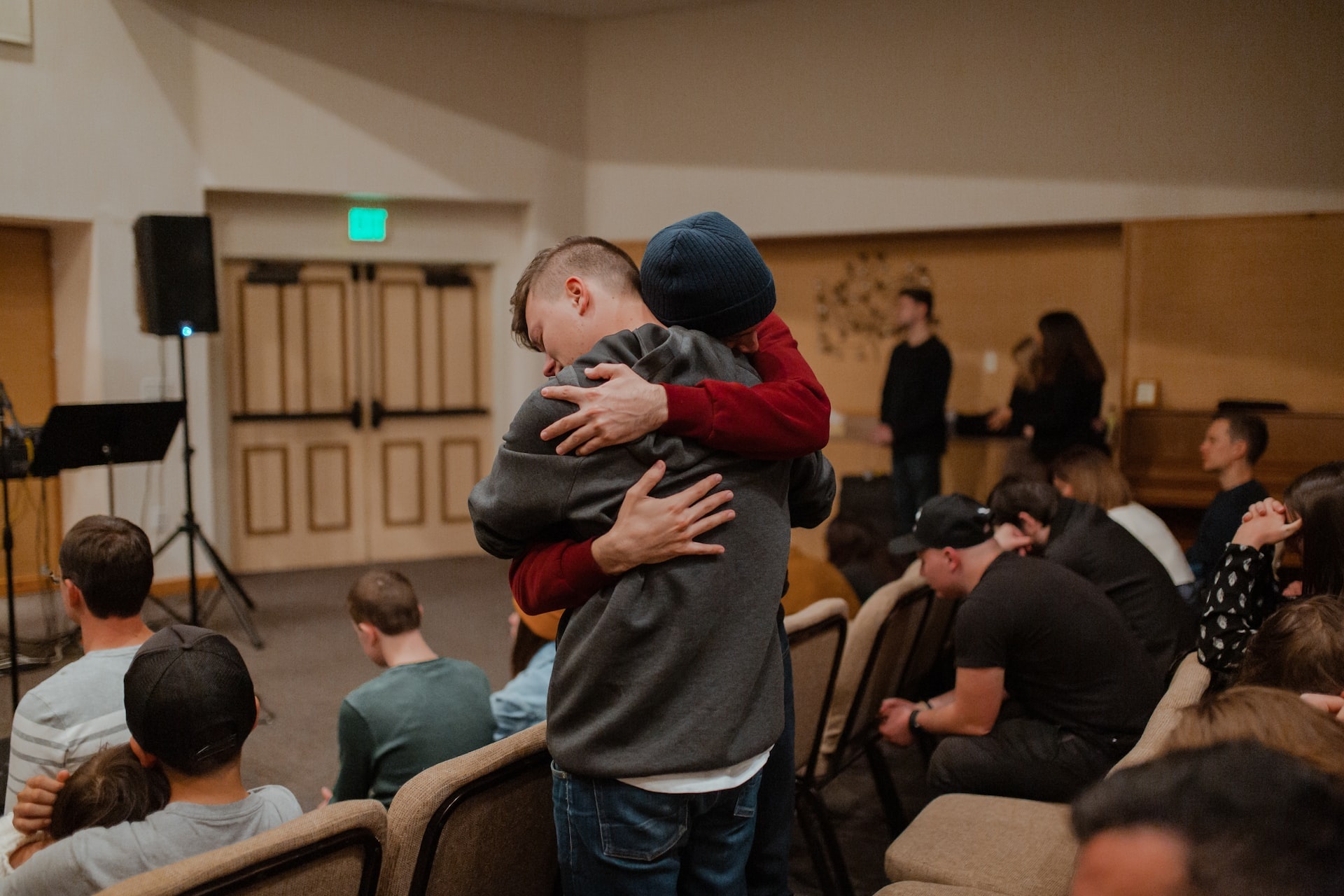How Do 12-Step Programs Work?


12-step and other recovery programs help thousands on their journey to recovery. Learn more about AA and other groups in our blog!
Many people associate 12-step programs with recovery from alcohol abuse, but 12-step programs exist for a wide variety of conditions.
For example, there are 12-step groups for people struggling with gambling, overeating, sex addiction, and other addictive actions. More and more organizations are adopting the Twelve Steps to help and support their members for success.
Men’s groups are using them to help them get in touch with their inner selves and release unresolved traumas or anger issues. Churches are using them for divorce groups. The Twelve Steps help people identify anger issues, unresolved traumas, guilt, and resentment. They also reinforce accountability by guiding people through serious self-reflection and by helping them own their past behaviors.
Working the Twelve Steps helps many people become honest with themselves and others and make amends. Many people benefit immensely from engaging in 12-step programs. Although, it takes hard emotional work.
What Are the Twelve Steps?
Established in 1935 and now shared on the Alcoholics Anonymous website, the Twelve Steps are:
We admitted we were powerless over alcohol—that our lives had become unmanageable.
Came to believe that a Power greater than ourselves could restore us to sanity.
Made a decision to turn our will and our lives over to the care of God as we understood Him.
Made a searching and fearless moral inventory of ourselves.
Admitted to God, to ourselves, and to another human being the exact nature of our wrongs.
Were entirely ready to have God remove all these defects of character.
Humbly asked Him to remove our shortcomings.
Made a list of all persons we had harmed and became willing to make amends to them all.
Made direct amends to such people wherever possible, except when to do so would injure them or others.
Continued to take personal inventory and when we were wrong promptly admitted it.
Sought through prayer and meditation to improve our conscious contact with God as we understood Him, praying only for knowledge of His will for us and the power to carry that out.
Having had a spiritual awakening as the result of these steps, we tried to carry this message to alcoholics and practice these principles in all our affairs.
How Do 12-Step Programs Work?
Although the Twelve Steps may give people an idea of the philosophy of 12-step programs, many people still have questions about these programs. Here are answers to some questions about these programs.
Are 12-Step Groups a Cult?
No, they are not a cult. The 12-step program model is a treatment method that has been researched extensively. Many studies have found that engagement in 12-step programs reduces the rate of relapse.
Following the Twelve Steps requires lifelong maintenance and works best when people stick to it with rigorous honesty.
Are 12-Step Programs Religious?
They do not have to be. The wording of “a Power greater than ourselves” and “God as we understood Him” is deliberately open. It welcomes people of any faith or no faith to get in touch with whatever God, being, power, or universal value can call them toward a higher purpose.
Some 12-step groups may be geared toward a particular religion. Before joining a 12-step group, it is advised to find out how specifically or broadly it interprets spirituality. It is important for individuals to feel comfortable in whatever groups they join.
If a particular 12-step group does not align with a person's values, they may want to research other groups in their area to find one that will work for them.
Can an Atheist or Agnostic Accomplish Step #2?
Absolutely. AA meetings provide a variety of psychological and behavioral benefits that are not derived from the word “God.” Giving yourself up to something greater than oneself is a great way to remove the ego. Individuals are not in total control of the work.
Is a 12-Step Program Easy?
No. It is work. It is emotional. It will test individuals, their values, and their honesty. It is a lifelong maintenance program and design for living that is meant to challenge people to their core.
Engaging with these programs takes more than attending meetings. Meetings carry the message. But 12-step work is work. It is involvement. It is creating a support network individuals can lean on in good times and bad. At the end of the day, though, the most important part of a 12-step program is for individuals to recognize that they have a problem and then act on it. Because if nothing changes, individuals do not find lasting relief.
How to Find a 12-Step Program
A few organizations are known for offering 12-step programs. These include:
Alcoholics Anonymous
Narcotics Anonymous
Co-Dependent Anonymous
Al-Anon: Support for family members of those who drink or use
AA Agnostica: Support for agnostics and atheists who struggle with alcoholism
Celebrate Recovery: Support for Christians in recovery
SMART Recovery: A science-based community of mutual support groups
Many people can benefit from medical, therapeutic, and emotional support from their treatment team, peers, and loved ones. Ultimately, though, the work of recovery is something that rests on their own responsibility. The philosophy and practices of 12-step programs can walk people through the process of responding to a call to a higher being, taking ownership of their past and future, making amends, and staying accountable so that their lives truly change.
The Forge Recovery Center Will Help You Rediscover Life
At The Forge Recovery Center, we tailor our treatment plans to each individual. We offer evidence-based methods and encourage engagement in 12-step groups as part of aftercare plans.
Want to learn more? Contact The Forge Recovery Center today.
Are You Struggling with Mental Health or Addiction?
We Can Help. Call Us Now!
CALL: 877-839-1772





